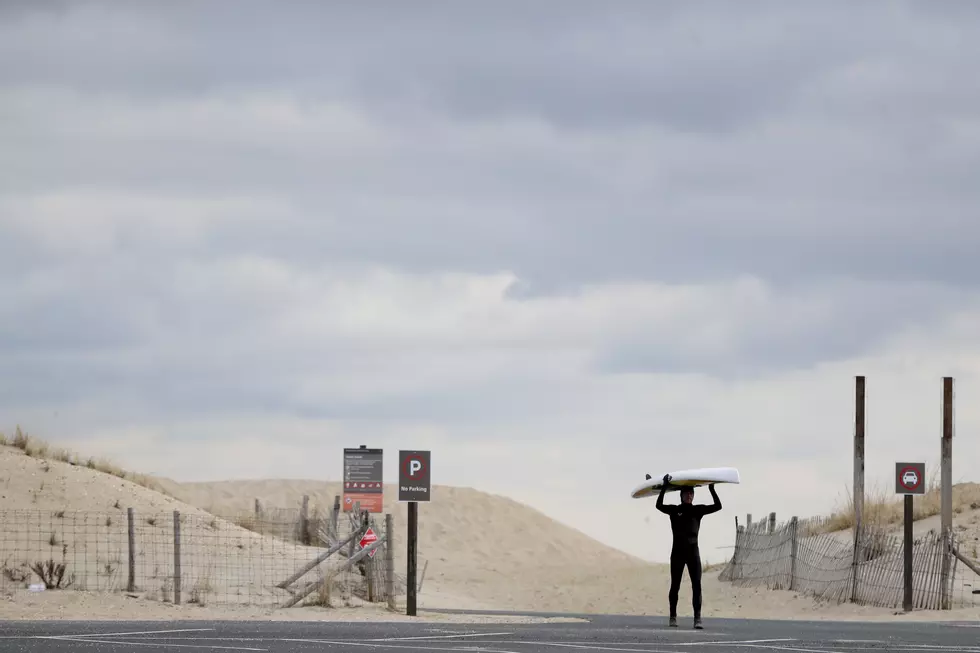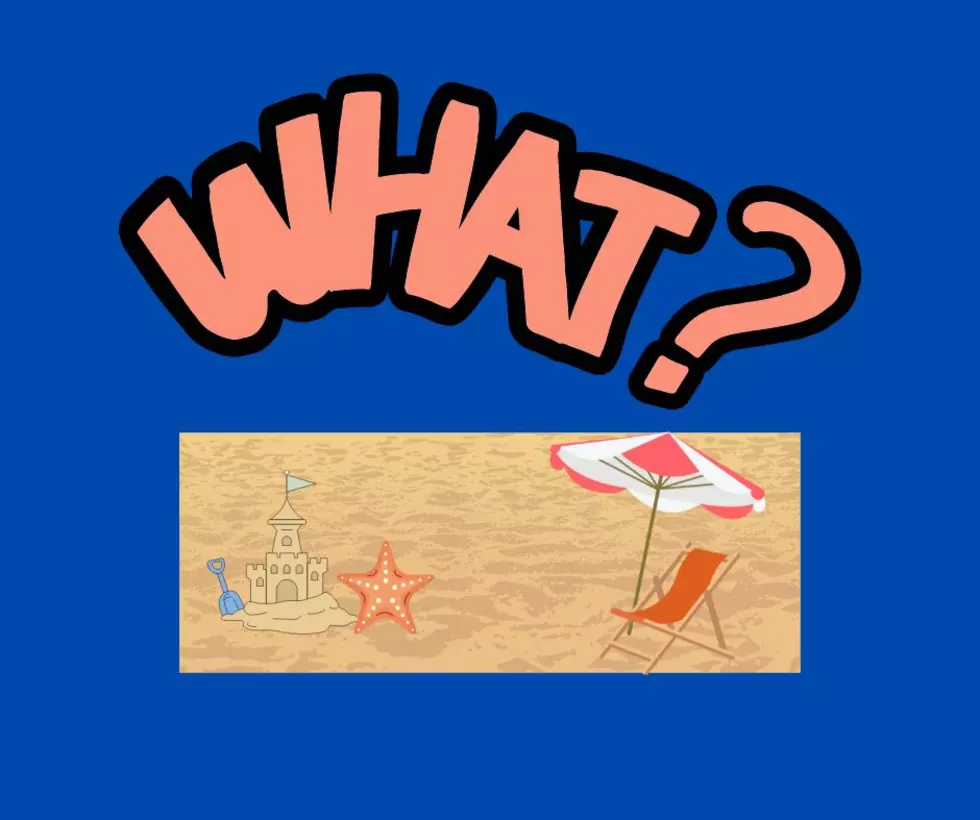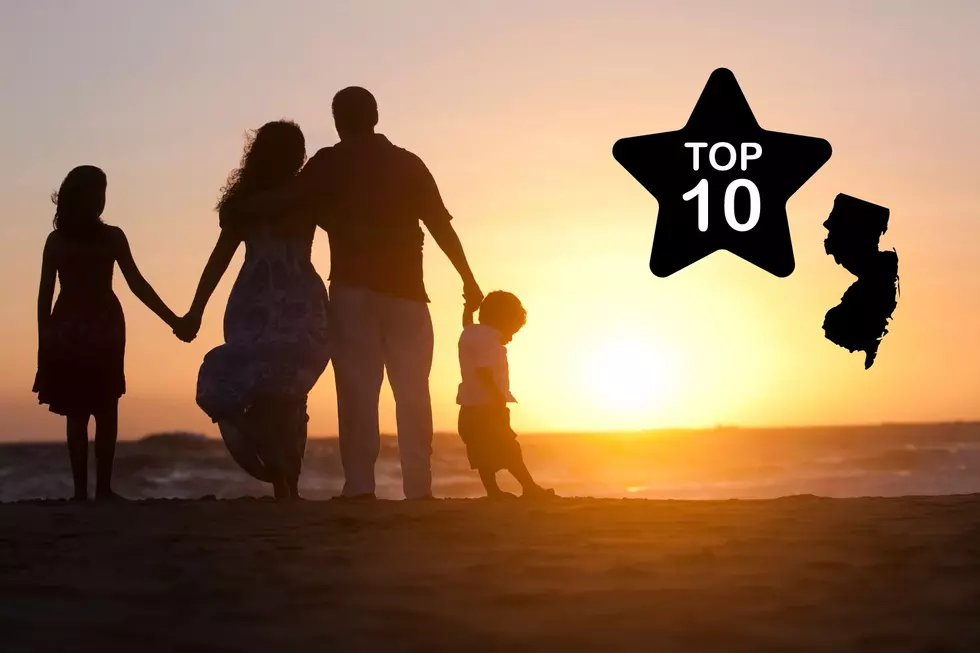
Sandy Hook reopens May 9; Murphy says Shore can’t turn away outsiders
The slow return to almost-normal continues next weekend when the federal government reopens Sandy Hook beaches.
The announcement from the National Park Service comes days after Gov. Phil Murphy signed an executive order reopening state parks and allowing counties to reopen their own after the governor closed them in early April.
Sandy Hook's rules are similar to those in place for state and county parks, including parking capped at 50% capacity and an encouragement to practice social distancing.
Earlier this week, Murphy asked park visitors to wear face coverings, although they are not required. Picnics and barbecues also will be prohibited at state and county parks.
Municipal parks are left to the discretion of local governing bodies.
Shore towns, meanwhile, have been reopening their beaches. Some, like Point Pleasant Beach, are trying to limit beach access to property owners and residents. But Murphy said Friday that municipalities have to allow everyone from the public onto their beaches if they open.
“A township cannot actually legally restrict folks from outside of their township,” Murphy said. “So that’s not actually within their right to do so.”
Long-established law in New Jersey, including a 1984 state Supreme Court ruling, says public beaches must be open to everyone, not just local residents. But these are not normal circumstances. New Jersey has the second-largest number of coronavirus cases in the nation, trailing only New York. Officials in the Jersey Shore towns of Ship Bottom, Harvey Cedars and Long Beach Township also designated their beaches as residents-only.
Paul Kanitra, the Republican mayor of Point Pleasant Beach, said earlier this week he felt confident that local, state and federal emergency declarations gave his town the authority to open its beaches as it saw fit to protect people from the virus.
He was surprised to hear Murphy's directive on Friday.
“I've yet to see a solution from them to protect our town from areas where the virus is still raging,” Kanitra said. “If there's no legal protection from forcing the virus on us, there's no way we can accept that. It's irresponsible.”
Critics say the restrictions almost certainly violate federal and state laws governing equal protection, creating two classes of citizens with different rights based solely upon where they live.
“How can it be constitutional that a person who lives near the beach can go on it, but a person who lives a few blocks away across the town line can't?” asked Ralph Coscia, president of Citizens Right To Access Beaches.
Murphy said Friday that he would close parks again if he sees reports of overcrowding and people not following social-distancing guidelines.
"We're not trying to be jerks," Murphy said. "We're trying to watch and hopefully we like what we see."
Sandy Hook rules
Sandy Hook will be open every day from 5 a.m. to 7 p.m. With the exception of North Beach, all beaches on the ocean and bay sides will be open for passive recreation such as running, hiking, fishing and kayaking but no swimming will be allowed. The beaches will not have life guards on duty.
Also prohibited are picnics, group gatherings or other activities.
Most trails and multi-use paths will be open. Restroom facilities will be closed but there will be portable toilets available.
Visitors are asked to carry out their trash.
The following will remain closed: the campground, the lighthouse and visitor center, History House, Fort Hancock Museum, Guardian Park Picnic Area and the gun batteries and fortifications.
Includes material Copyright 2020 by The Associated Press.

How can I stay safe while grocery shopping? And answers to 24 other coronavirus questions
More From 92.7 WOBM










